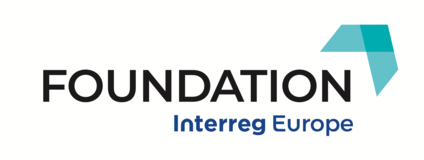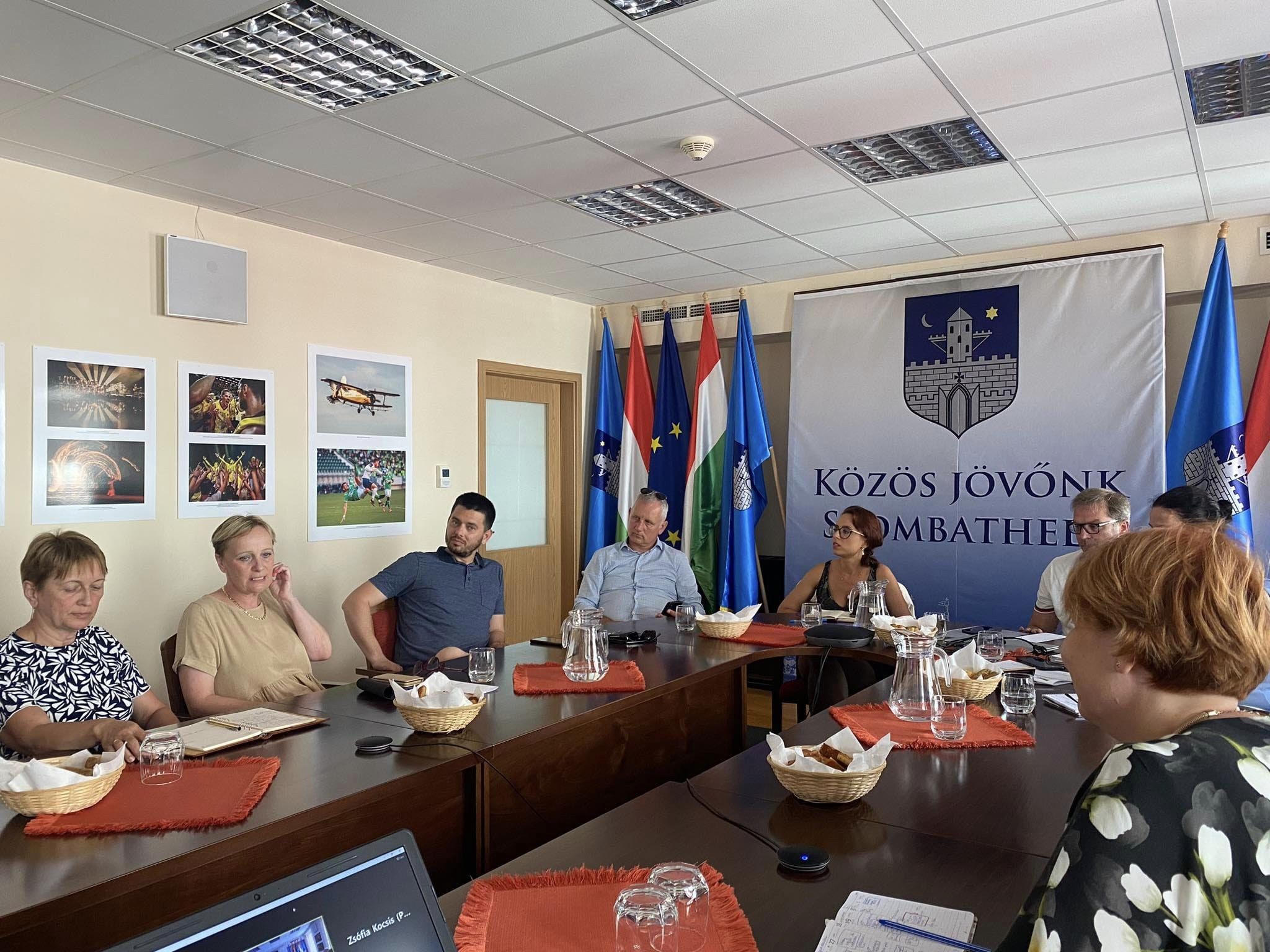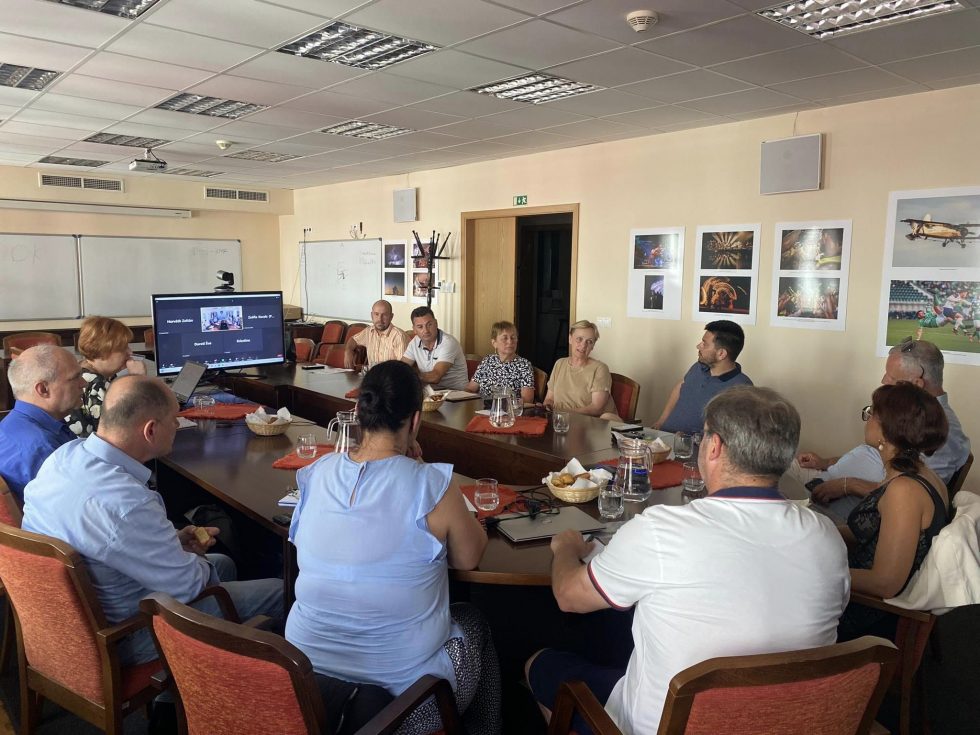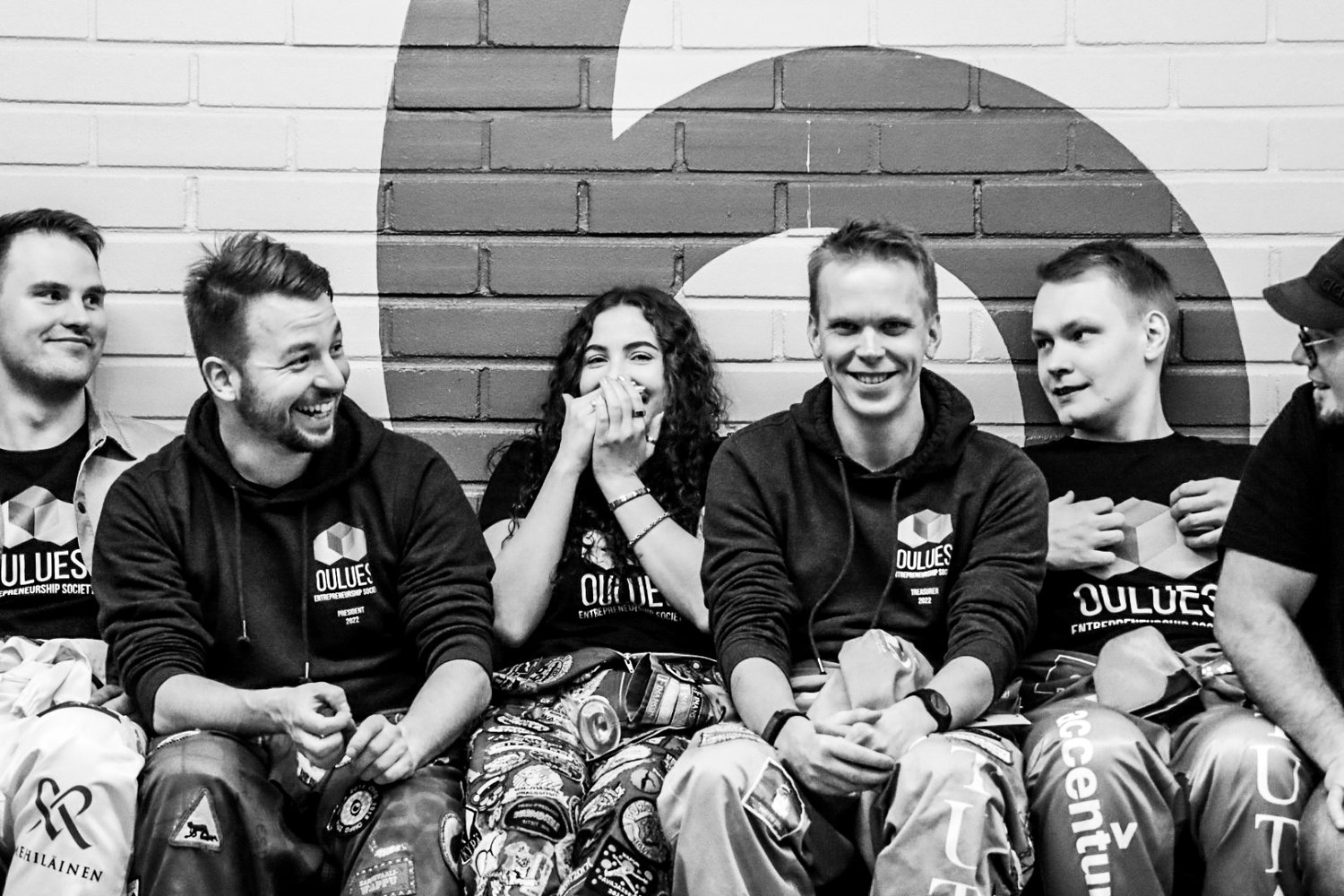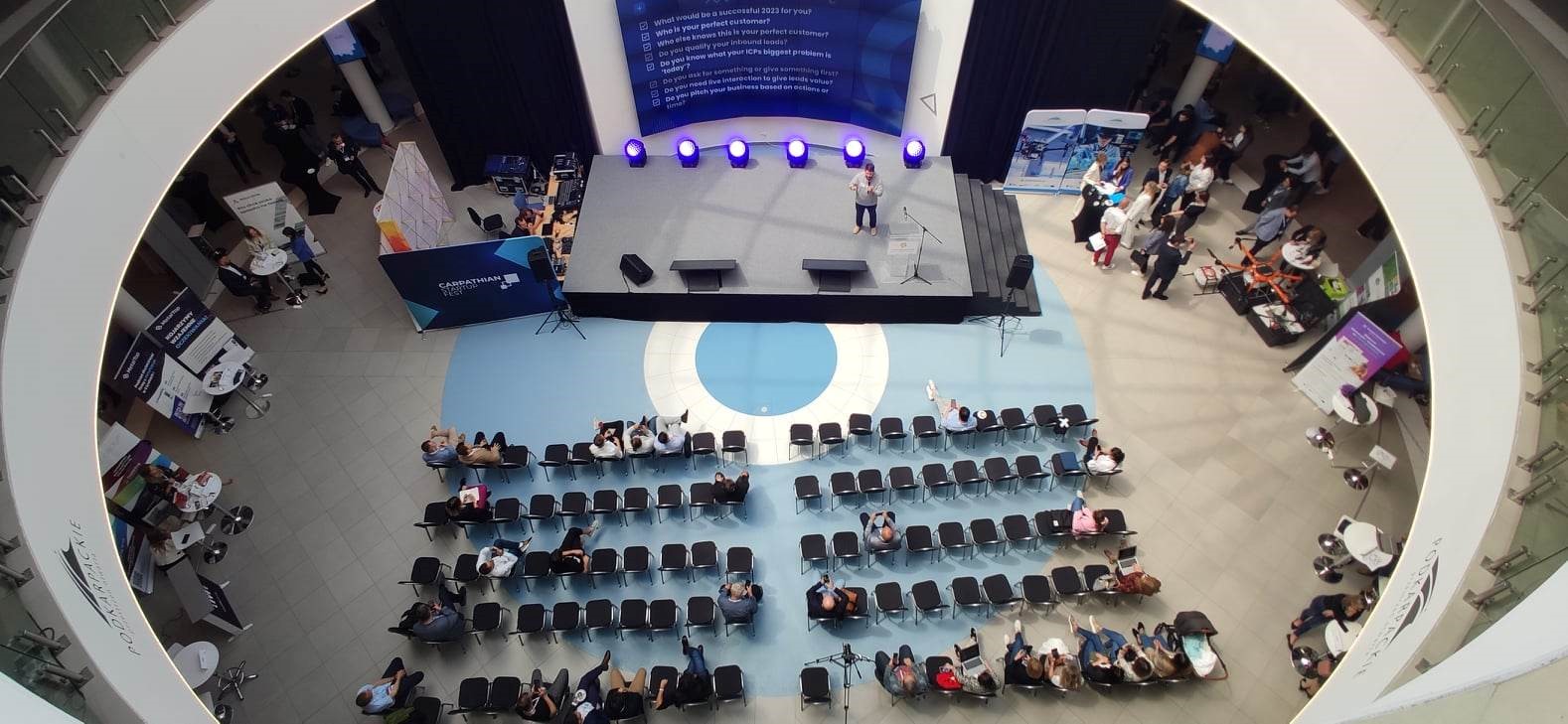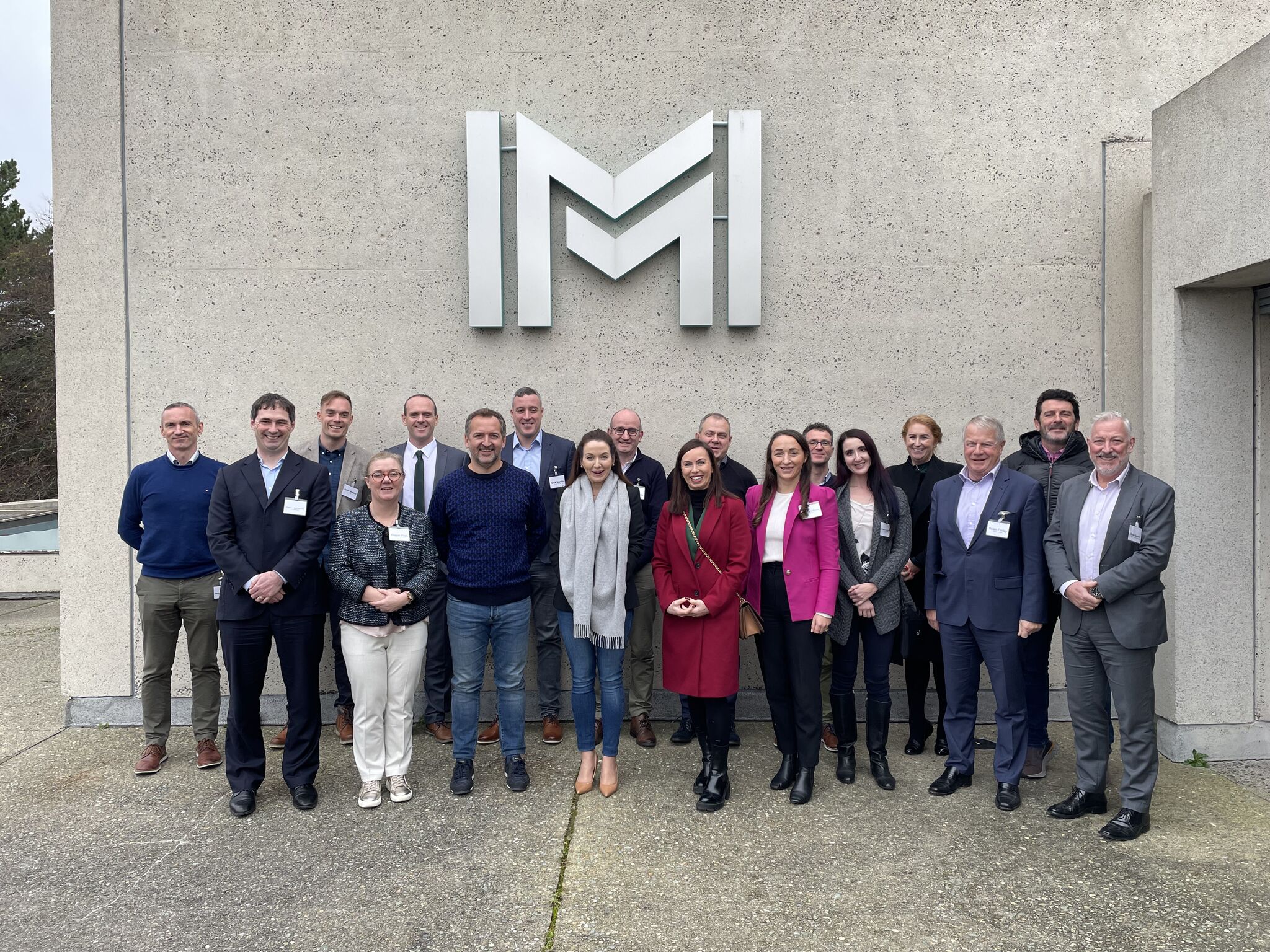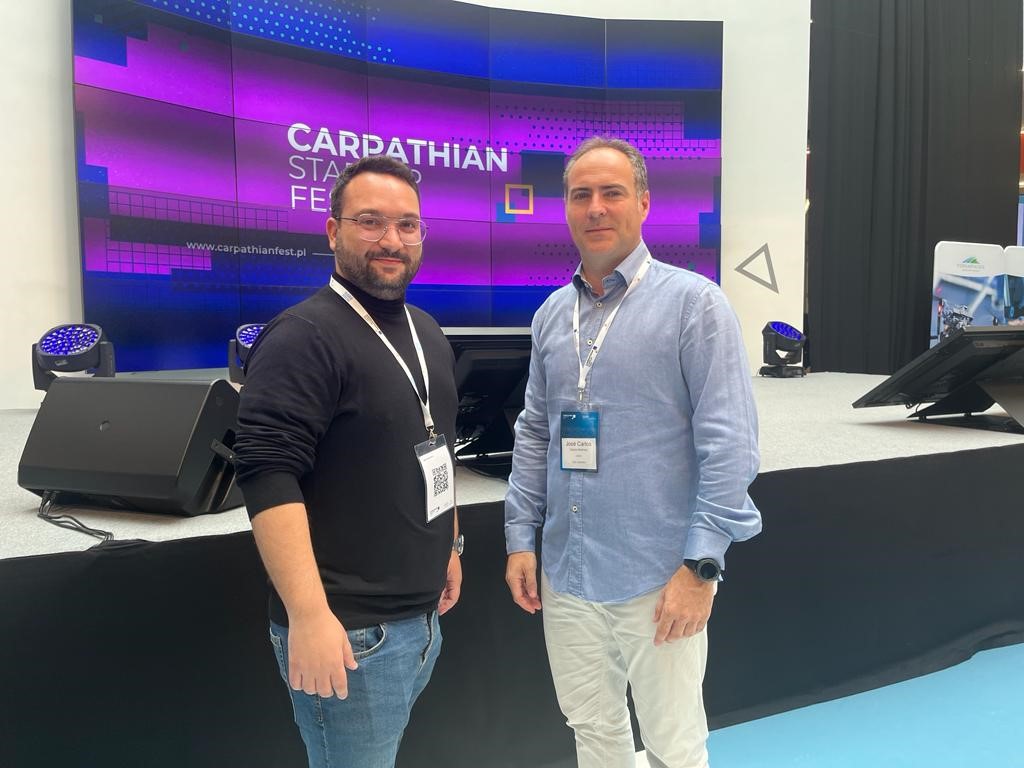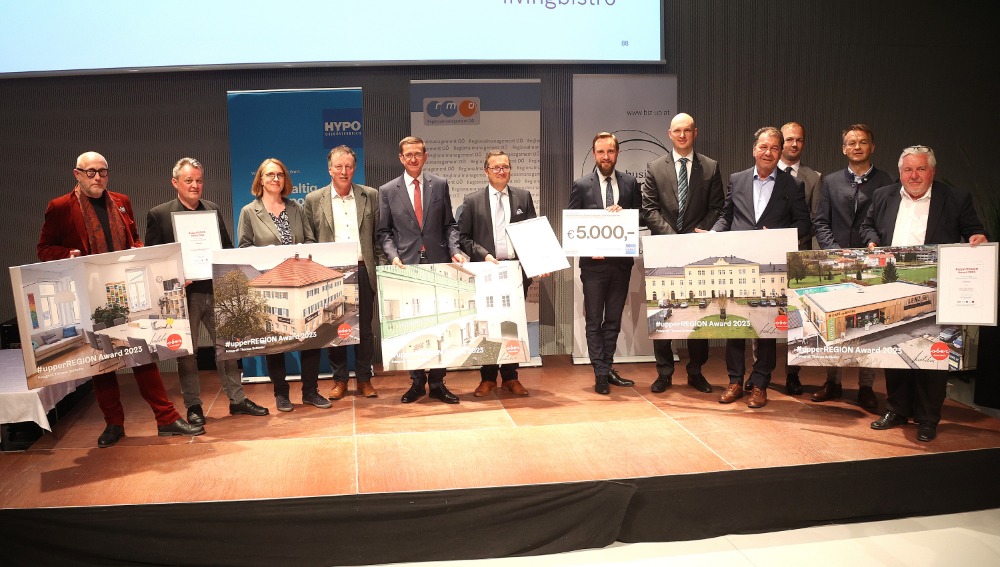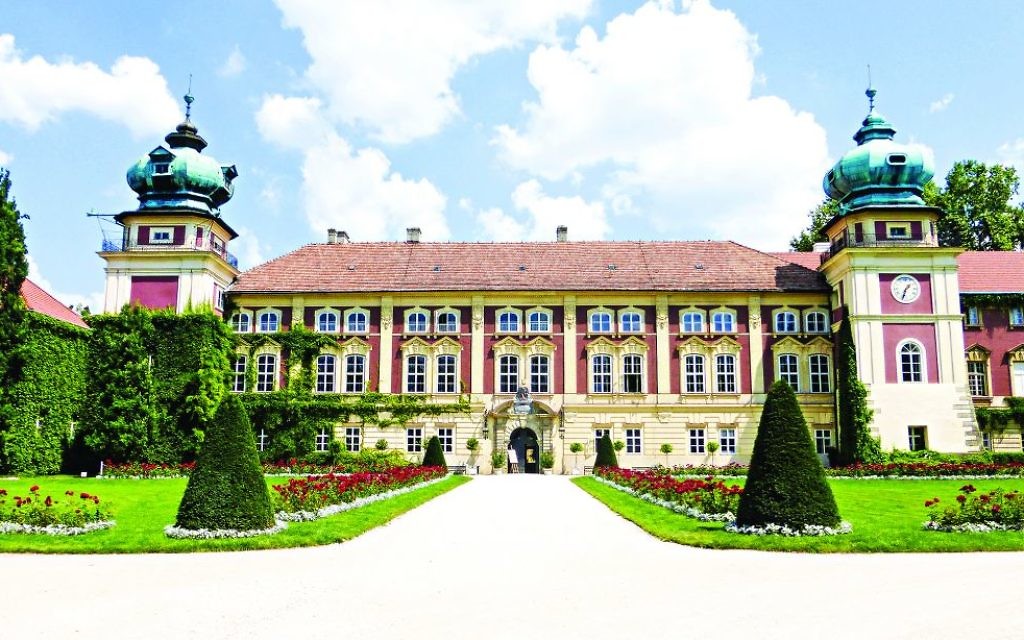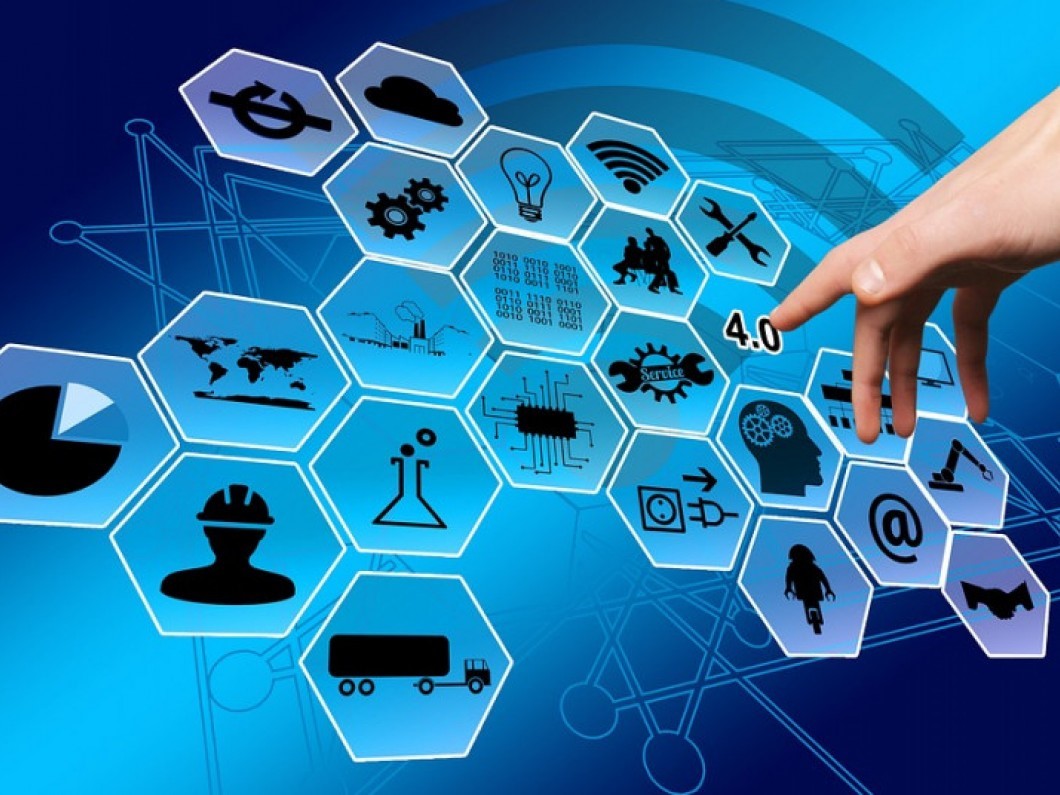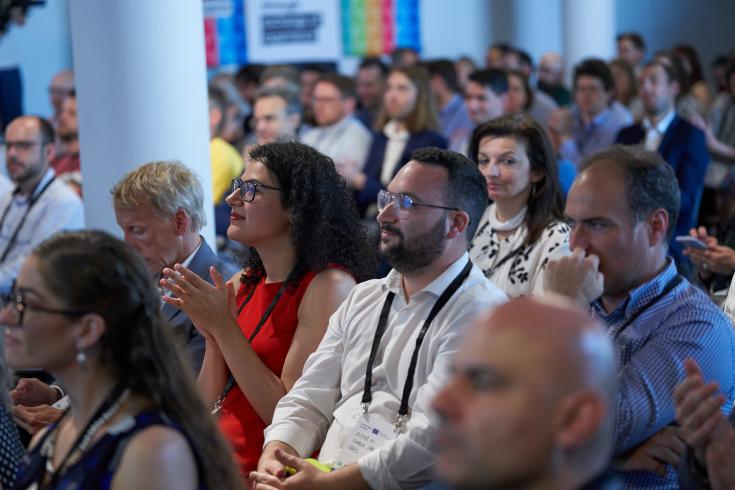As part of the ‘Role of the Individual Firm in Economic Resilience' online webinar which took plane on 6-10-2020, Ekofrisa – the SME that uses a waste crisis to their advantage by creating new products and partnerships in the region, was presented by Ieva Ragauskiene, an export manager of Ekofrisa. In her intervention, Ieva focused on the positive impact that circular economy has for their company and the whole region.

JSC “Ekofrisa” – is one of the largest grain processors in Eastern Europe. Since 2003, Ekofrisa produces buckwheat, barley, wheat, pearl barley, peas groats in an organic and conventional ways, 82 per cents of our products are exported worldwide. One of their main values is sustainability, thus they are working will local farmers and small companies that supplies them with all necessary grain, this kind of supply chain and unique producing technology allows them to achieve highest quality of product and reduce negative effects on the planet. The close cooperation with local partners also allowed them to seek for other sustainability goals and effectively implement circular economy methods.
Despite the fact, that “Ekofrisa” has been working efficiently and using their resources wisely they were searching for methods that could increase their resource independence and create new regional value chains. The company had a problem of big amounts of waste that was a permanent by-product of groats processing. There were two type of waste arising from the groats processing: stones and grasses – at the time of reception; impurities, inedible husks and hulls that should be separated aside during the whole processing at each cleaning stage. Before taking new experiments and innovative actions this waste has been perceived as trash and now it is a valuable resource through the exploitation of valuable compounds present within.
In the beginning of 2019, the “Ekofrisa” started an experimental project collaboratively with Kaunas Vytautas Magnus University in order to develop an automated buckwheat processing line that will allow to increase the quality of production and improve the separation of waste. Also, together with the university Ekofrisa is developing a buckwheat husk steam boiler technology that would reuse wate as a heating material. Moreover, they initiated an experiment with Kaunas Botanical garden in order to test whether their waste could be valuable asset in plant industry.
These innovative projects were initiated by “Ekofrisa” to ‘close the circular economy loop’ by using unused waste for building heating and returning agri-food waste back to agricultural soil. This could help to diminish infrastructure maintenance costs to a minimum, release addition products to the markets, supply local farmers and SMEs with new sustainable product that is produced within a local supply chain. In addition to this, this initiative also offered new services for other local crop processing companies as they can sell their waste for “Ekofrisa”.
Ieva Ragauskiene, Export Manager at “Ekofrisa” said that waste management strategy and efficiency technologies that helps to build competitive advantage and increase regional resilience could be easily transferred and adopted by other companies and regions. Speaking about the main the main aspects that should be taken into account while implementing similar practices, she stressed the importance of triple-helix cooperation: the idea and offer to initiate a new innovation project emerged after the execution of digital audit that was made by an experts from Lithuanian Innovation Center. Also, the cooperation with scientific institutions was inevitable while developing transformative ideas and innovations. However, there were some challenges ahead which should be considered before taking such innovative projects 1) Collaboration with university incompatibilities 2) Challenge to adjust experiment outcomes for business 3) need of finance as business adaptation to new process could cost up to 500 000 EUR and take almost 2 years until first production, thus company needed to use structural funds in order to reduce the risk that comes with an innovative project.
Ieva Ragauskiene sees the implementation of circular economy methods not only as a way to reduce waste and additional cost, but also as a measure to increase business resilience by diversifying products that they are producing and creating new markets. As an example, Ekofrisa has been a pretty well-known name in the food sector market, but after implementing circular economy methods they started to work with new clients by releasing into a market pillows and mattresses that are filled with hulls. Also, Ekofrisa started to sell their waste to farmers who use it to feed their animals.
For further information on Student Inc. contact [email protected], Export Manager website: https://ekofrisa.lt/gb/
